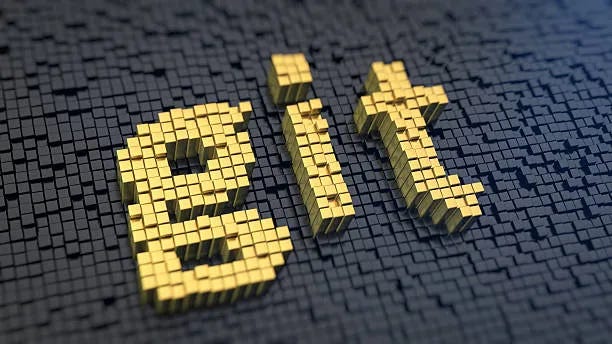As the tech industry continues to experience rapid growth and transformation, mastering Git and GitHub is very essential. It is one of the most valuable skills you can acquire in your development journey as a developer, it can transform the way you write, manage, and collaborate on code. Understanding these tools not only enhances your coding skills but also prepares you for the demands of modern software development.
What is Git?
Git is a popular distributed version control system widely used in software development. Unlike centralized version control systems, Git allows multiple developers to work on the same project simultaneously, even without an internet connection. It was created by Linus Torvalds in 2005 primarily for managing the Linux kernel. Git is designed for speed, data integrity, and support for distributed, non-linear workflows.
What is GitHub?
GitHub is a web-based platform that provides hosting for software development and version control using Git. It's a popular choice among developers for its collaboration features, issue tracking, code review, and project management tools. Let’s discover why every developer should prioritize mastering Git and GitHub.
#1 Version Control
One of the most powerful features of Git is its ability to track changes in your code. Every time you commit changes, Git records what has changed since the last commit. This means you can easily revert to previous versions, compare changes, and understand the evolution of your project over time. This powerful functionality streamlines debugging and ensures top-notch code quality, making it an indispensable tool for developers.
#2 Centralized Code Storage
GitHub offers a cloud-based hub for your code that ensures your code is always within reach, no matter where you are or what device you're using. Whether you're working on a solo project or teaming up with others, storing your code in a GitHub repository provides a secure safety net, protecting your progress from hardware malfunctions, data loss, or other potential setbacks.
#3 Collaboration Made Easy
Git simplifies the process of working in teams. Multiple developers can work on the same project simultaneously without overwriting each other's changes. Git's branching and merging capabilities allow team members to develop features independently and integrate their work seamlessly. This fosters a collaborative environment where ideas can flourish.
#4 Improving Code Quality
Using Git allows you to review your past code, identify areas for improvement, and implement best practices. By maintaining a history of your work, you can reflect on your coding journey, learn from mistakes, and see how your skills have evolved over time. This continuous improvement mindset is crucial for any developer.
#5 Open Source Contributions
GitHub is a hub for open-source projects, making it easy for developers to contribute to existing projects or start their own. By mastering Git and GitHub, you can engage with the open-source community, collaborate with other developers, and showcase your skills. This involvement can significantly enhance your learning and professional network.
#6 Showcasing Your Work
GitHub serves as an online portfolio for developers. By pushing your projects to GitHub, you can showcase your skills to potential employers and collaborators. Recruiters often look for GitHub profiles to assess a candidate's coding abilities and contributions to the community. A well-maintained GitHub profile can significantly enhance your job prospects.
#7 Continuous Learning and Improvement
Using Git and GitHub encourages a mindset of continuous improvement. By regularly committing code and reviewing past projects, you can reflect on your growth as a developer and identify areas for further learning. This practice not only enhances your technical skills but also prepares you for more advanced roles in the future.
How to Get Started with Git and GitHub
Starting your journey with Git and GitHub can be both exciting and a bit overwhelming. From managing repositories to collaborating on projects, there's a lot to explore. But don't worry—we’ve got you covered! Instead of just listing the steps, we’ve created a comprehensive course that walks you through everything you need to know to get started with Git and GitHub. Guess what? It is completely free. Whether you're a beginner or looking to sharpen your skills, this course will provide you with practical insights and hands-on experience. Ready to dive in? Join our free Git and GitHub course now and take your coding skills to the next level!



